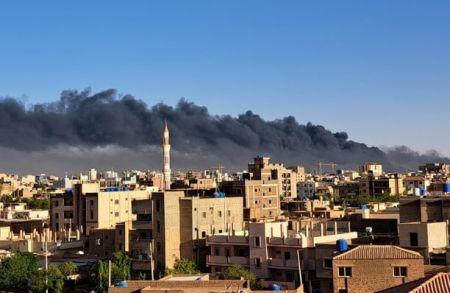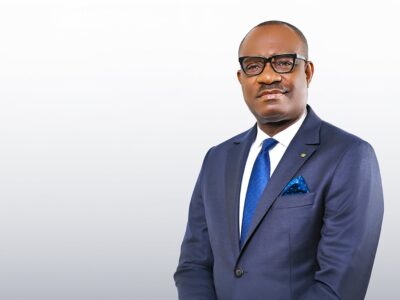
(Ecofin Agency) – The agency points out that a possible transformation of the conflict into a protracted civil war could affect the asset quality, non-performing loan portfolios, and liquidity of multilateral development banks.
The conflict in Sudan is likely to affect the ratings of multilateral development banks exposed to the East African country, including the Trade and Development Bank of Eastern and Southern Africa and the African Export-Import Bank (Afreximbank), Moody’s Investors Service said in a note released Monday, April 24.
“If the conflict descends into a prolonged civil war, destruction of social and physical infrastructure would have lasting economic consequences, weighing on MDB asset quality in Sudan, along with overall non-performing loans (NPLs) and liquidity,” the rating agency stressed.
With a loan portfolio of $931 million in Sudan at the end of December 2022, the Trade and Development Bank is among the banks most exposed to the negative impact of the conflict; 95% of this exposure is in the form of trade finance facilities contracted by Khartoum to finance food and fuel imports.
The exposure of the Islamic Corporation for the Development of the Private Sector (ICD) -a subsidiary of the Islamic Development Bank- to Sudan as of Q1-2023 was equal to 1.3% of its assets.
Afreximbank, meanwhile, had an exposure of 2.4 percent of its assets at the end of 2021, although this exposure is mitigated by cotton-backed claims.
The Islamic Development Bank (IDB), the African Development Bank (AfDB), and the International Development Association (IDA) have exposures equal to less than 1 percent of their respective assets to the country. Nevertheless, their status as preferred creditors means that their loans will not be forgiven even if they become non-performing.
Moody’s also notes that a possible spread of the Sudanese conflict to neighboring countries “would trigger broader asset-quality concerns for MDBs with a higher concentration of loans in Chad, South Sudan, Ethiopia, and Egypt, for example.”
Sudan is facing, since about 12 years, a bloody conflict between forces loyal to General Abdel Fattah al-Burhane, the army chief and de facto leader of Sudan since the 2021 coup, and the paramilitary Rapid Support Forces (RSF), led by his deputy Mohamed Hamdane Daglo.
The fight, which began on April 15, is spreading day by day beyond the capital Khartoum and now hits no less than six of the country’s 18 states.











Comments